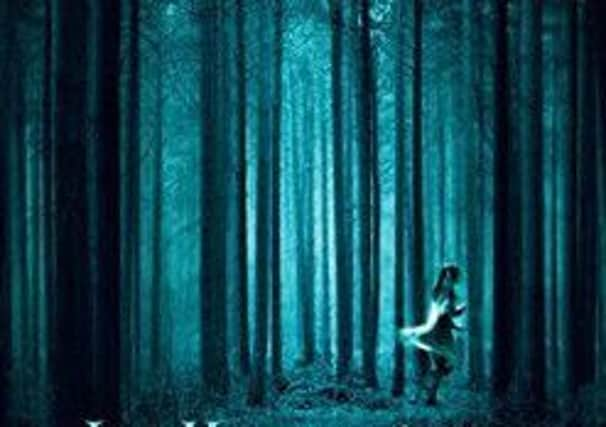Book review: The Ghost of Helen Addison, by Charles E McGarry


A supernatural touch is tricky to pull off in a crime novel, but works well here thanks to McGarry’s style, which is touted as a new spin on Golden Age detective fiction – to the point where I wondered if we were in 1927 rather than 2017 (Moran doesn’t take the train, he travels by locomotive, and chooses to don a herringbone tweed sports coat rather than simply put on a jacket).
The Helen Addison of the title is a young woman returned to her home in rural Argyll to take up a post as a district nurse. She is beloved by the community for her devotion to duty as well as being beloved by boyfriend Craig (who is number one suspect for the police).
Advertisement
Hide AdMurdered in the middle of the night in a forest, her body left on the ground where it fell, Helen could have been yet another bland female victim. However – as can be guessed from the title – she has other ideas, returning in ghostly form to give Moran details about her death to help him make sense of the hints from his visions.
Ghostly Helen is a sparky character, appearing to Leo suddenly (if perhaps overly-conveniently) to remind him he is in Argyll for reasons other than sampling the Loch Dhonn Hotel’s finest food and whisky, but there are long stretches of this book where there is little mention of her life, her death (there are hints of a Satanic ritual) or even her ghost and I found myself wishing for more information to round out my picture of her.
Moran, on the other hand, is a well-rounded character (in more ways than one, considering his gourmand tendencies), with McGarry giving us a delightful surface picture of his likes, dislikes and fastidious habits which could come straight from the pages of a 1920s novel – and then delves below as befits a writer for a 2017 audience – to show these obsessions aren’t simply traits imposed on authorial whim, but spring from a reaction to past deeds and unhappiness. Moran is definitely a descendent of Hercule Poirot in some ways – though his heavy drinking habit has more in common with many a modern novel’s police detective than he would perhaps like to admit.
McGarry has a distinct writing style, and the plot starts at a pleasing pace, with Moran making his way to the Highlands to help Helen, finding a cautious ally in the investigating officer, DI Lang. However, about a quarter of the way through the novel, I found my attention wandering as time spent on Moran’s existential angst far outweighed the search for Helen’s murderer.
But in the final quarter of the book McGarry redeems himself, with action aplenty: a second woman’s death is narrowly averted, the police make their (predictably incorrect) arrest and Moran places the information he has gathered with his detective kit (a nice nod to Sherlock Holmes) alongside the insights from his visions to form a full picture of what happened – though testing his theory almost proves the end of him…
I enjoyed meeting Moran after recently reading a slew of novels featuring jaded cops and hard-bitten private investigators, and McGarry’s style was also a welcome change. If he increases the action and cuts back the philosophising in his next novel, I’ll be part of his new audience. ■
The Ghost of Helen Addison, by Charles E McGarry, Polygon, 279pp, £7.99